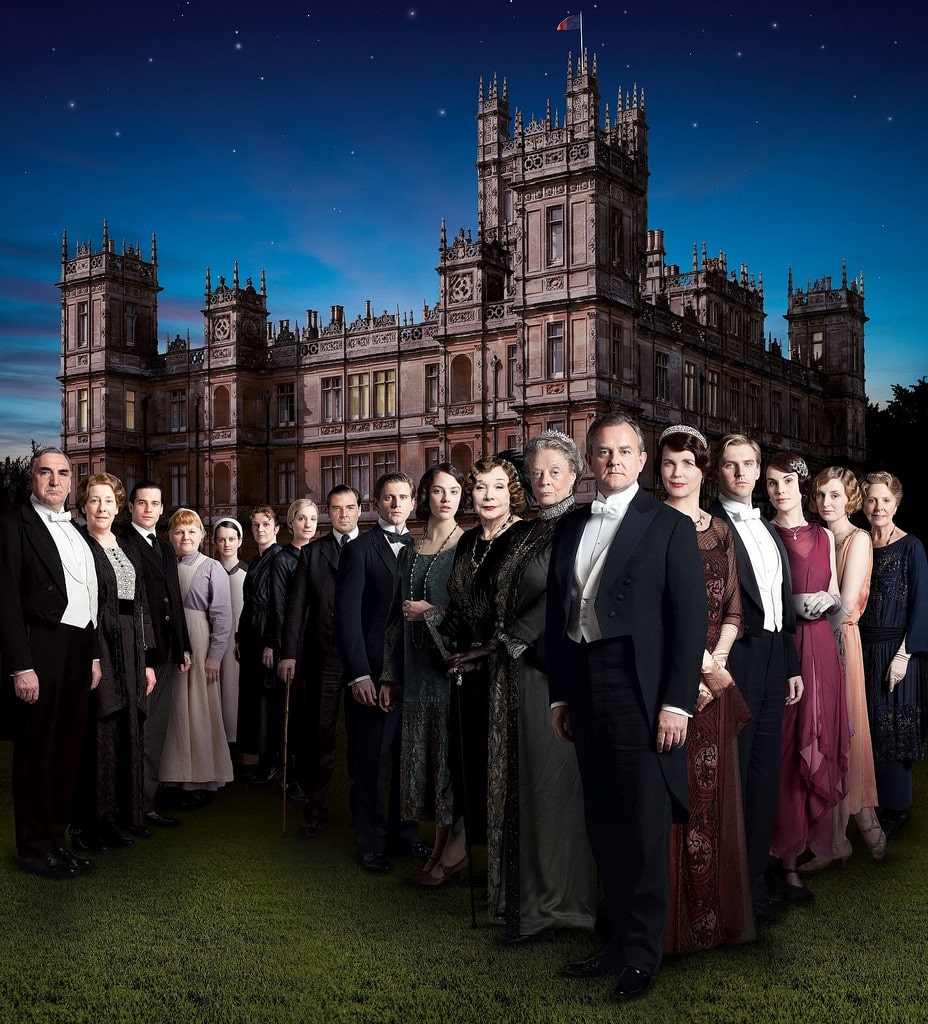
We can think about Downton Abbey as a cultural dream because it points to what is still unconscious for individuals, families and the larger cultural family. A dream brings attention to that which is still out of balance.
For many Downton Abby by PBS, not only depicts an historical time and place,1912-1923 England, but a symbolic expression and meaning. Symbolic because it represents the same emotional struggles of individuals and their families today. And, it represents the dynamics we are still working with in our present culture.
For example, if we look at the three Crawley sisters we have some very common problems that still apply today;
sister love and covert rivalry,
confusion about “the right guy”,
adult women in relationship with their parents.
Many women as well as men may find the same characteristics in each of the three sisters as in themselves. It is like a dream because it points to feelings and situations that need awareness and insight. There is unseen emotional tension inside causing difficulty externally coping with sisters and other women, partner relationships and parents.
The Crawley sisters and the Narcissistic Wound 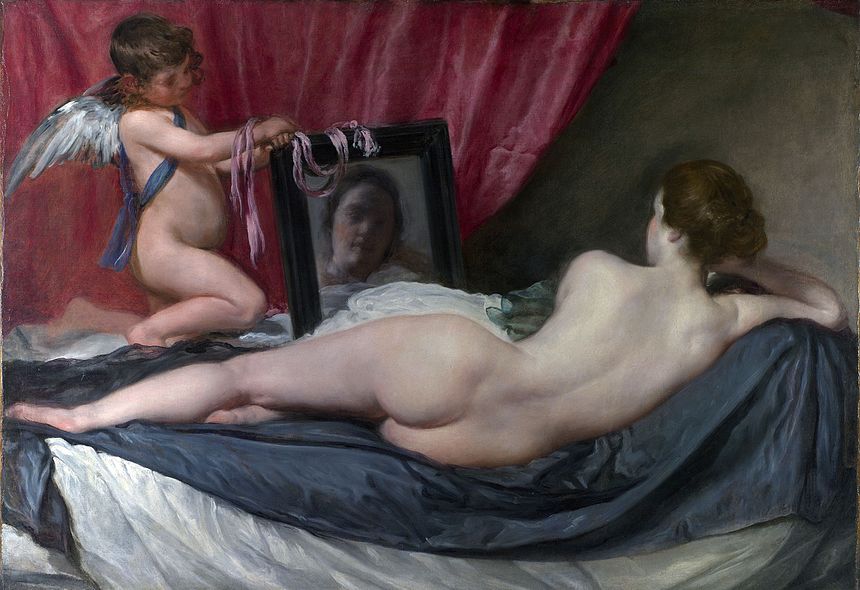
The Crawley sister’s each carried this narcissistic wound but expressed it in different forms. Mary took on the inflated entitlement, Edith was the family scapegoat and Sybil the rebel. Each women had to find a temporary identity in such a puritanical culture until they could find their own way out.
Mary adapted by seeing herself as the princess, Edith saw her self as flawed and unlovable, and Sybil was the one to reject it all, even to the point of death. We can go into the other sisters latter. Mary’s character gives us enough for now to begin understanding this wound.
Mary the Downton Abbey Princess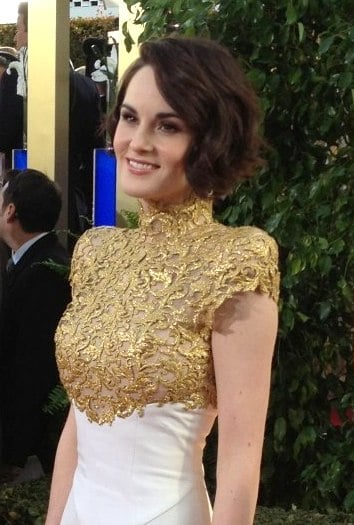
Mary’s inflated entitlement comes from a narcissistic wound. This can be a valuable term to locate the degree of hurt that can be passed on from grandparent, to parent, to child and then to the next generation if some emotional intelligence is not brought to the internal struggle.
We can imagine Mary as a little girl growing up in such a rule bound environment, dominated by a narcissistic grandmother who over-shadows her son and his wife and three daughters.
Mary often heard, “You know how much I love you”. The subtext is “if you want my love do what I say, even if you have to sacrifice what you love, kid.” A narcissistic attitude is “my way or the highway”. We see how Edith was rejected because she couldn’t play the game as well as Mary.
This rigid ego driven perception and manipulation of the child is based on the parents’ ideals not on the child’s organic development. There may be genuine love but so much of it is hidden in conditional terms. It can be impossible for a young child to tell the difference. Therefore, it remains unconscious in a confused state.
The sub-conscious process for a child
This idealistic parenting feels to the child as emotional rejection. “I am not good enough as I am”. Feelings are not heard for what they are by the parent: “feelings”. But are heard as what they “should be”. Therefore, a child learns to reject their own natural feelings about themselves and life. Therefore, one is confused about trusting their own feelings in adult life.
A child learns to dismiss themselves just as “grandmother” learned from her early life. Behavior, manners, right and wrong become a contrived sort of religion with it’s guilt, fear and “never good enough” shame. Mary was made the special little girl, the princess, and favorite as long as she became one of them.
Many women and men can identify a part of themselves that had to be rejected for the sake of parental and social conformity. That is what we must get back.
This wound comes from varying degrees of emotional ignorance carried by the parents and the surrounding culture. Downton Abbey is just saying look, it is all still here. We have more work to do.
Psychological side note that may help understand the narcissistic personality disorder. They are experts in the field of manipulating others, almost magical at times. It is a highly controlled way of living.
The manipulation and control one feels from a highly narcissistic person is a tactic to protect themselves from deep emotional pain which is unconscious and they are terrified of it, terrified!, and they don’t even know it. The Dowager Grandmother is that example in Downton Abbey. She can never be wrong.
Cultural perceptions 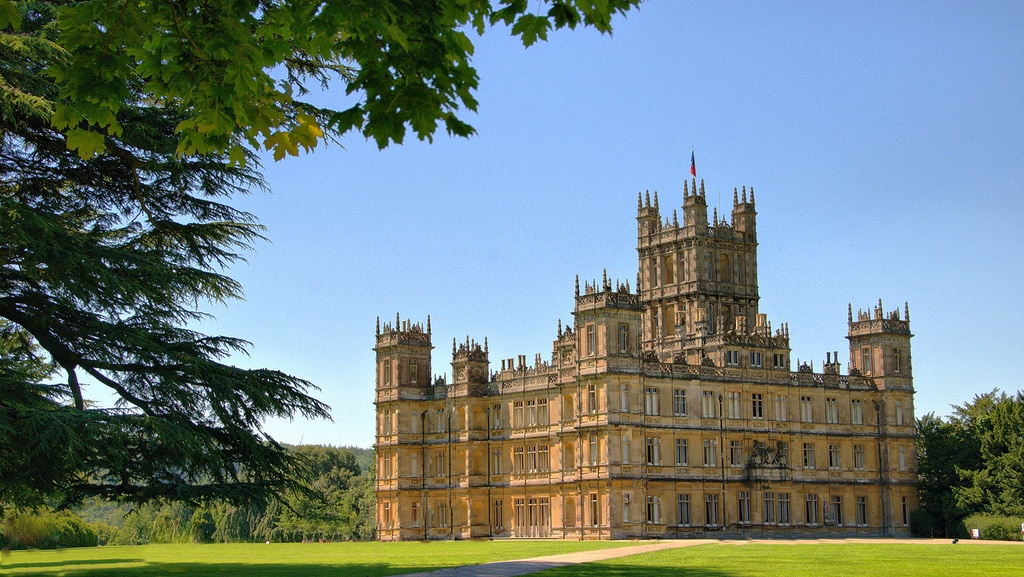
The benefit of a cultural dream; such as, Downton Abbey, is to become aware of where we have been and where we are now. It provides a sort of awakening of how relationships and culture can improve and how we can keep that awakening going.
Life is easier as we shine light on the hurt in the culture and our own personal entanglements.
Many aspects have improved since the early 1900’s. There has been great change in the women’s movement, gay rights, racism and rights for children with child abuse laws(enacted in the U.S. in 1974). There has been less tension between upper class/lower class divisions but we still have a long way to go. Socio-economic imbalances are still fueled by those with very wounded ego development, similar to the Dowager and Mary Crawley’s Dowager complex.
Mary’s character shines awareness on “white entitlement” that has been shoved down Mary’s throat since birth, she didn’t have a chance. However, because the greater culture was awakening toward these issues, she could learn a new view and regain a lost feeling of her essential nature/self. She started to climb out of this narcissistic wound(hell hole). She began to see that the bitterness her grandmother embodied was not pretty and it was not pretty in herself. It is no way to live.
“….because psychotherapy is concerned not only with family quarrels, unhappy love-affairs, and the like, but with the question of psychological adaptation in general, and the attitude we are to take towards people and things, and also towards ourselves.” C.G. Jung, Collected Works
When so many people are attracted to a story, such as Downton Abbey, we can use this story as a cultural dream. Dreams and fairytales are natures’ way of balancing the mind. They point to something emotional beyond our awareness. If we do not listen, dreams get intense and repeat. Repression and dissociation are the alternatives.
Symbols for our culture
As I wrote in the previous post: A Psychological Perspective of Jon Snow and Game of Thrones:
When we have a dream or read an ancient fairytale there is usually a feeling of curiosity that comes with the symbolic images, the strange relationships among the characters and wild feelings of all sorts. We know there is some meaning or usefulness in the dream or in a fairytale.
“If one studies the psychological implications of myths, one sees that they very much express the national character of the civilization in which they originated and have been kept alive.” The Interpretation of Fairy Tales,By Marie-Luise von Franz, P.26
Many themes repeat over and over in myth and story. Yet, we are still attracted to their enactment, in a movie, novel, or play. Some of the most common themes are of lovers, good and evil, rich and poor, absent fathers, witchy mother’s, and the hero. We love our heroes because they give us hope, strength, a certain morality, and ways to deal with darkness and tragedy…….…(fill in the blank for yourself).
Our popular myths tell us about our cultural “character”. We have an opportunity to look at our personal and cultural psychology through these images and feelings.
How to use Dreams and Fairytales 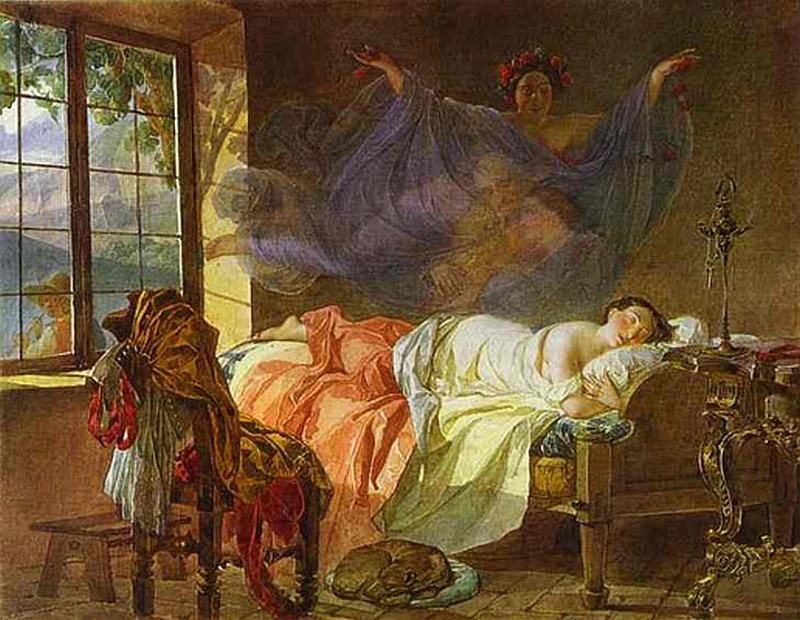
We all have many sub-personalities within our larger personality. Dreams and fairytales put faces and characters to parts of ourselves that are within. As we get older and develop a healthy ego, we are able to accept more about our whole personality and manage all the parts a little better.
For more on this:
Emotional Intelligence Coupled with Thinking
